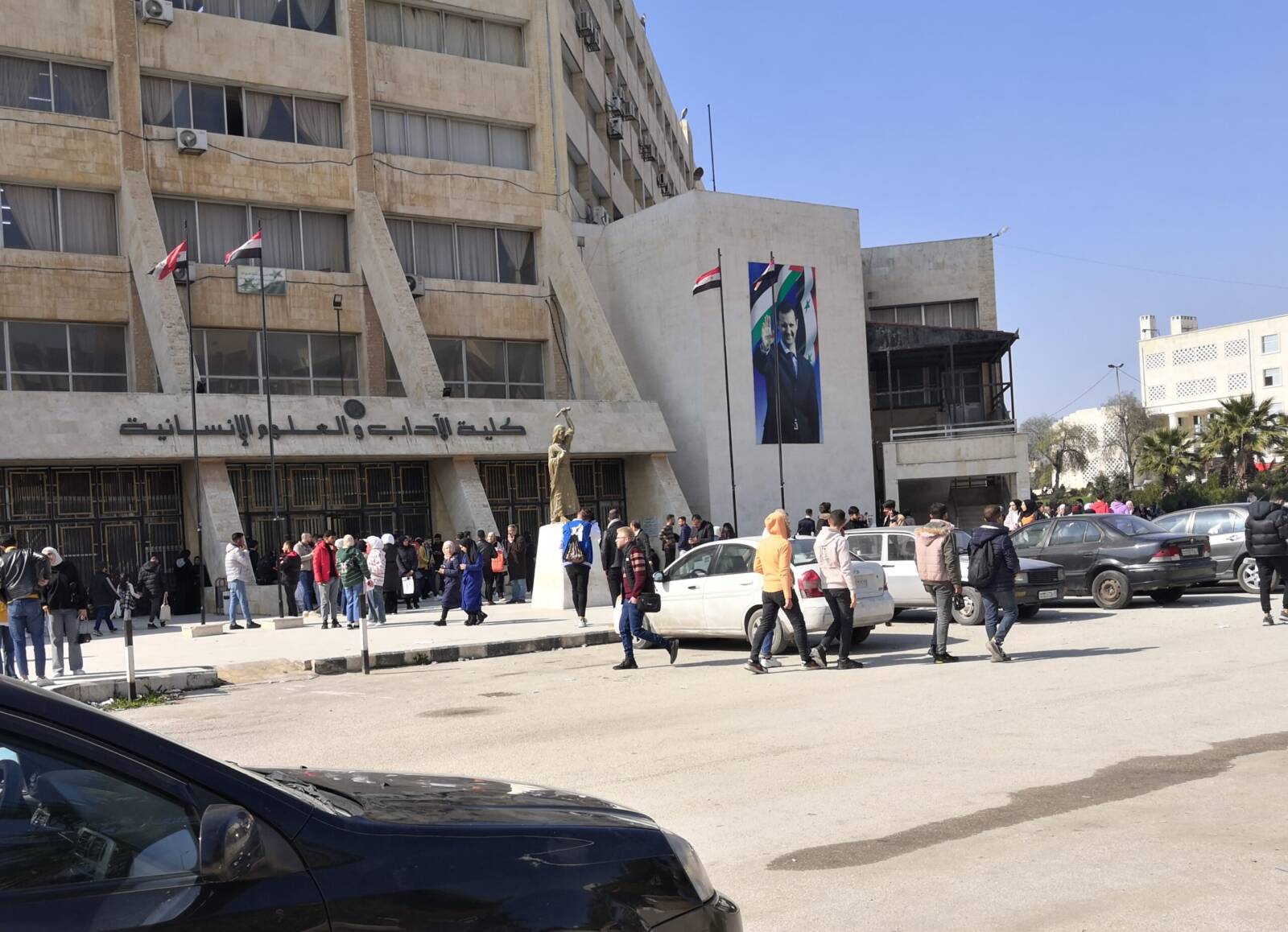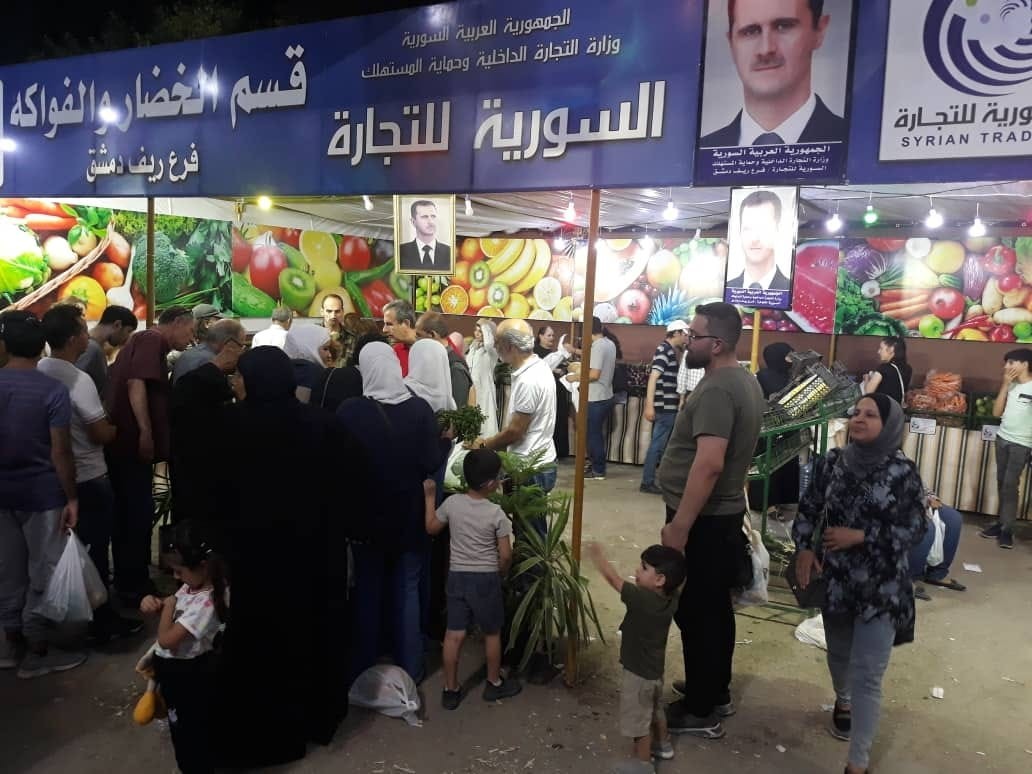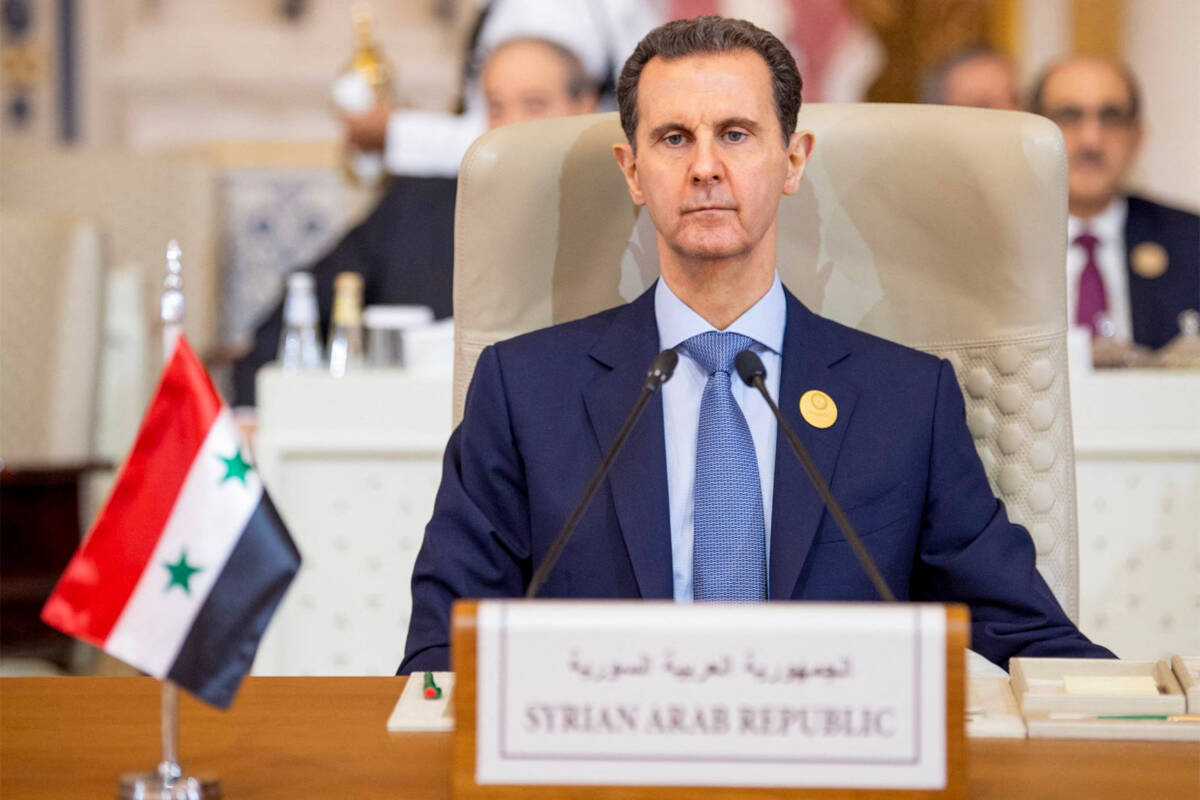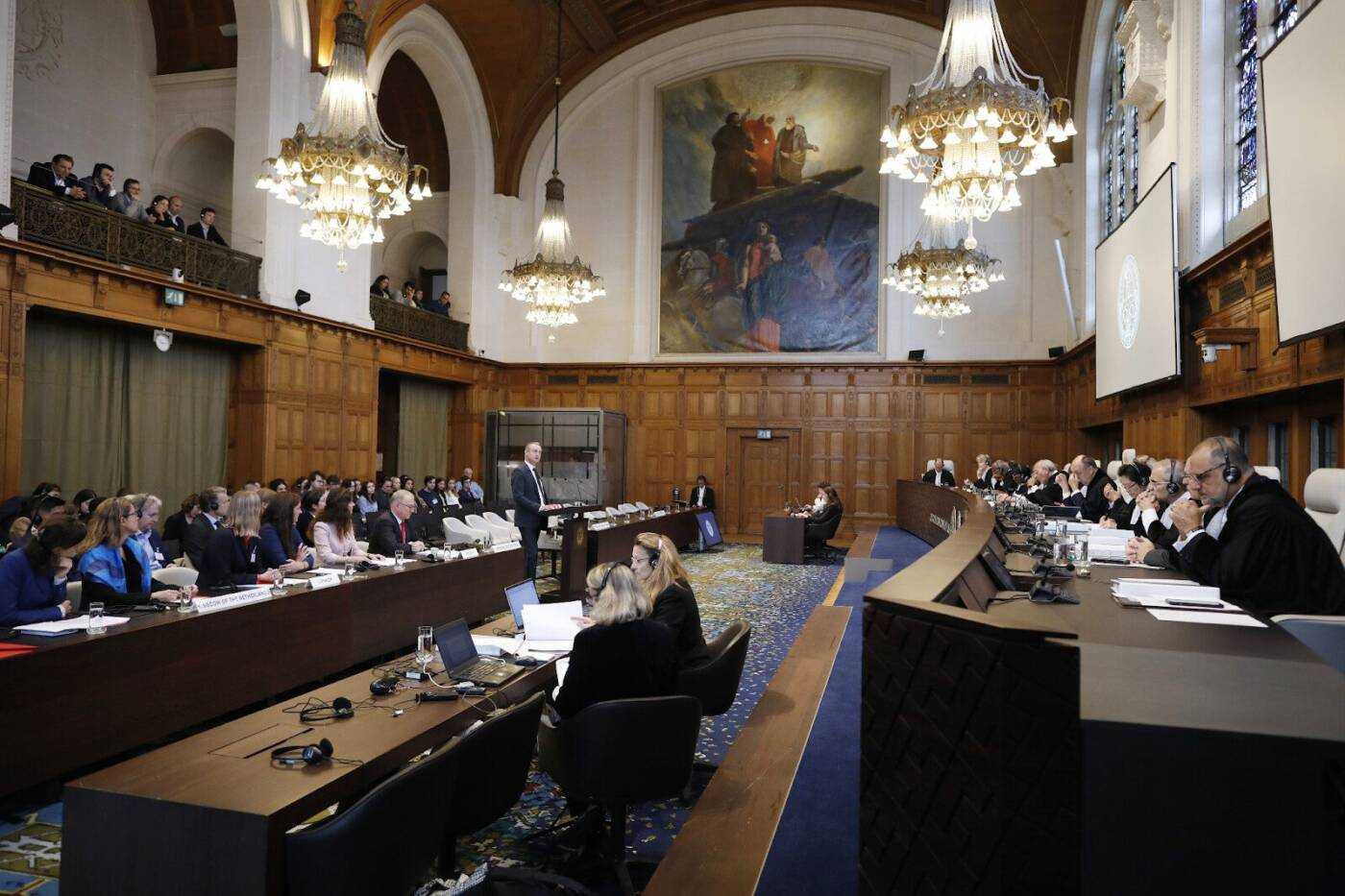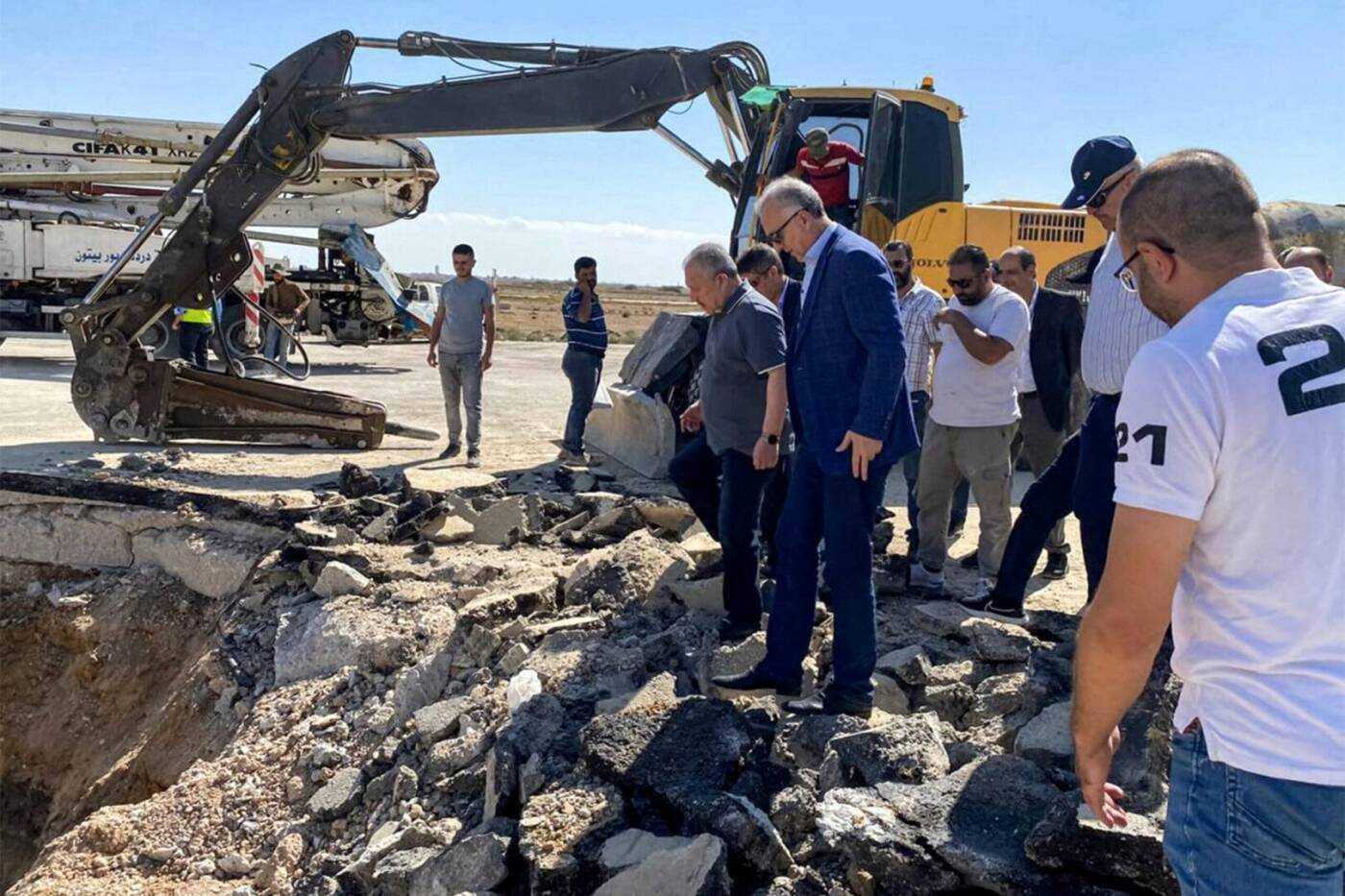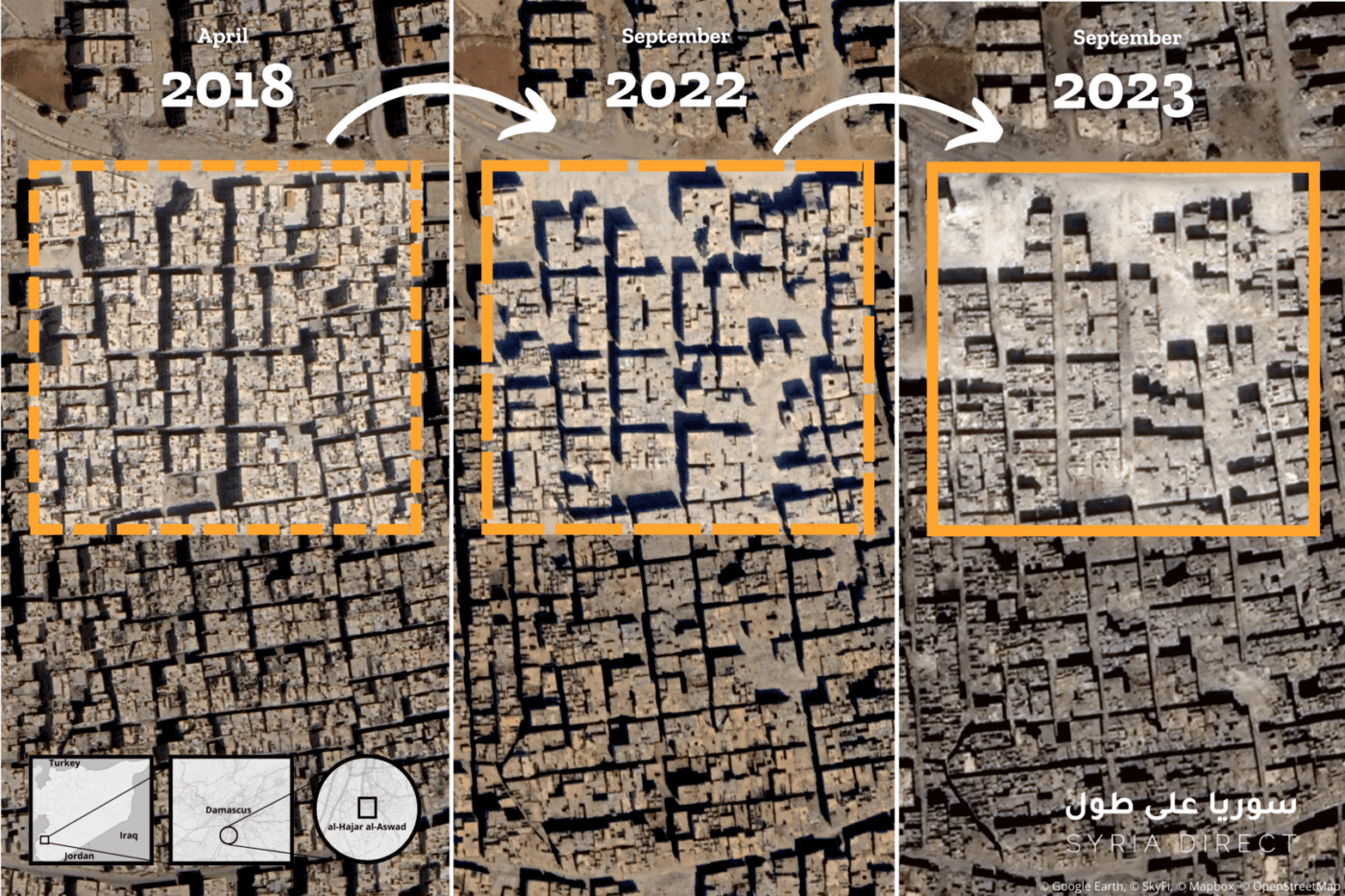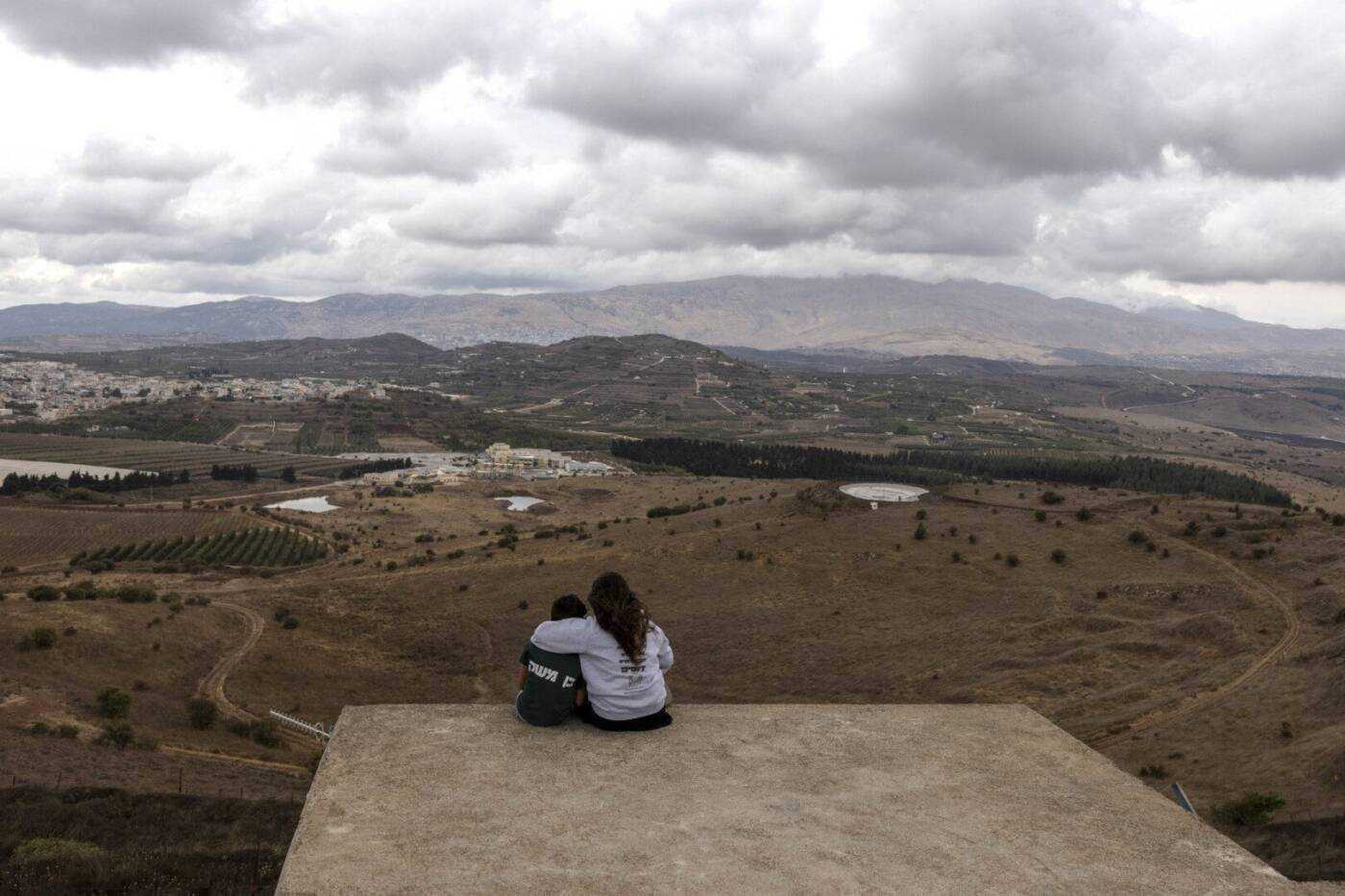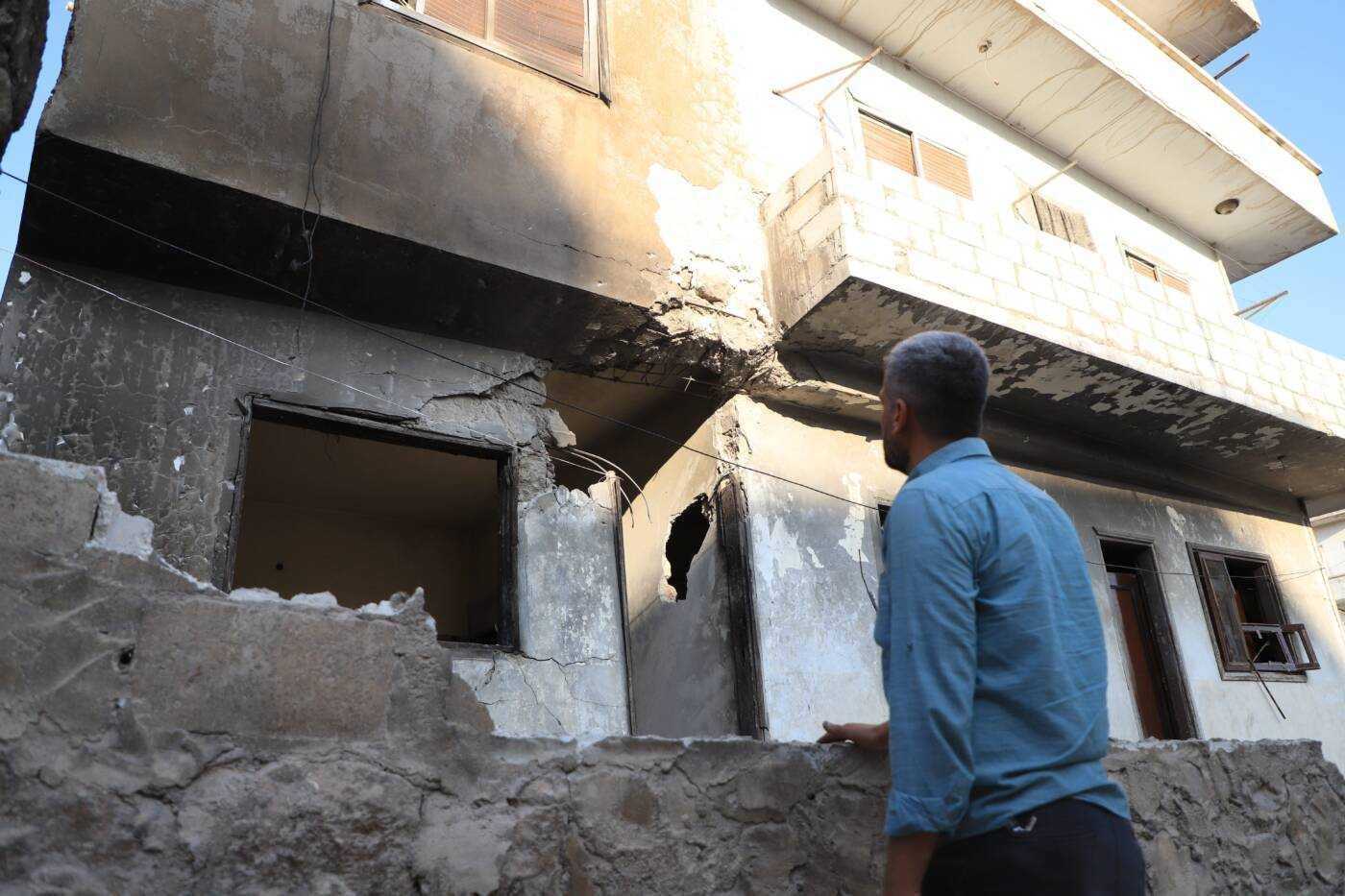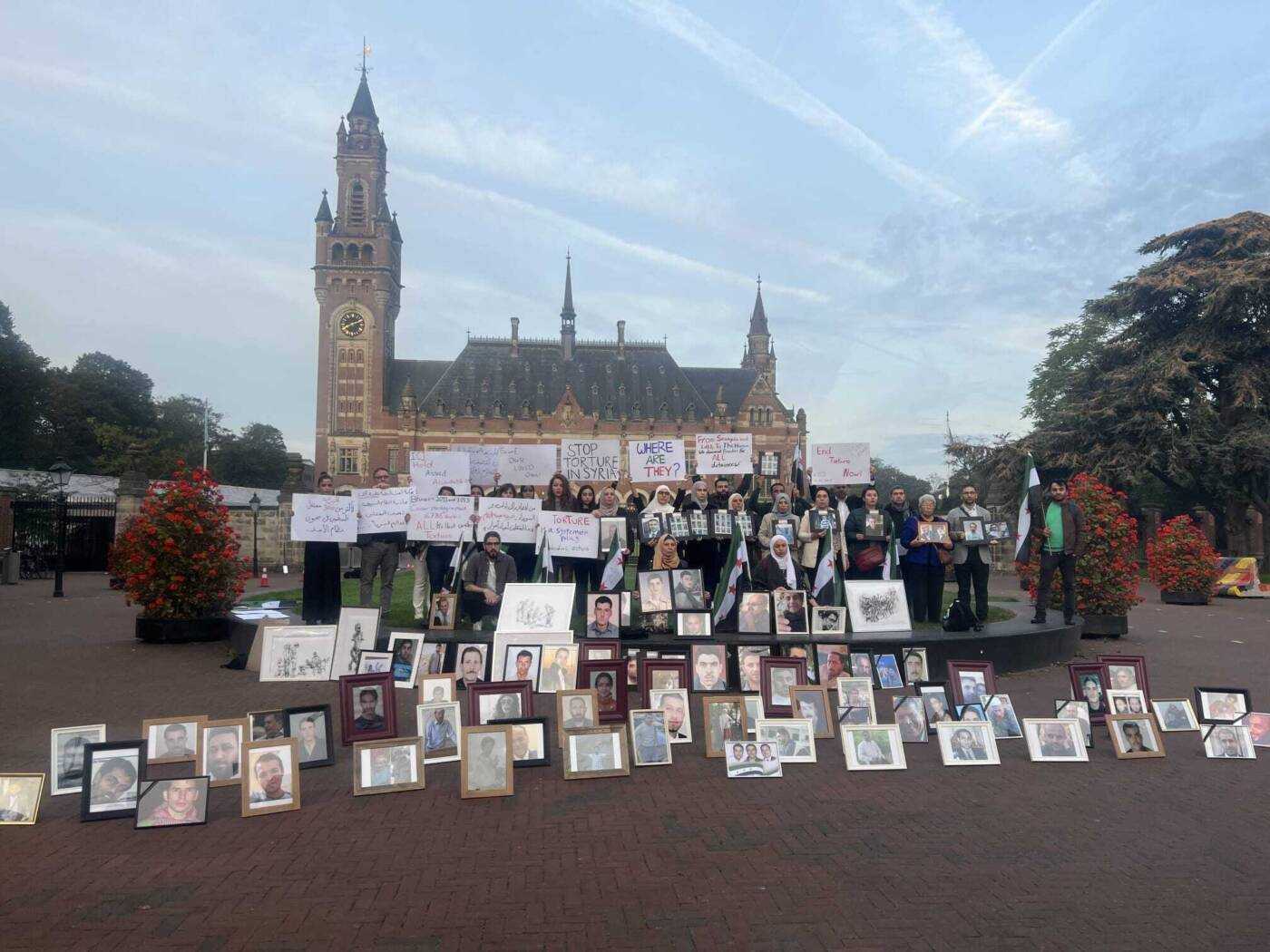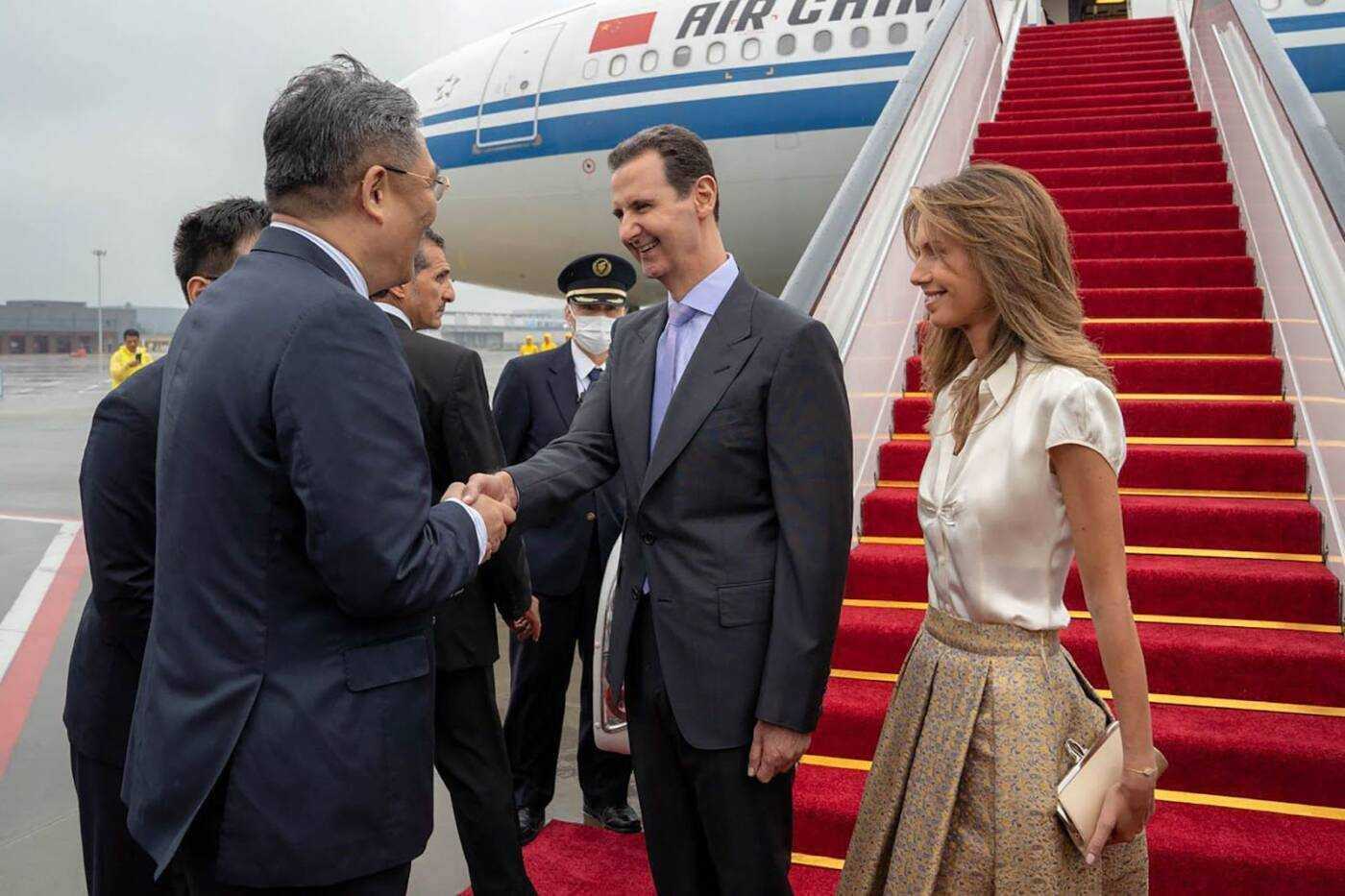Syrian students’ futures hostage to brokers and state employee bribes
To obtain records from Syrian public universities, students must apply in person or through legal proxies. If this is not possible, or if they are wanted by the security services, they are forced to pay hundreds of dollars in bribes to state employees through brokers.

